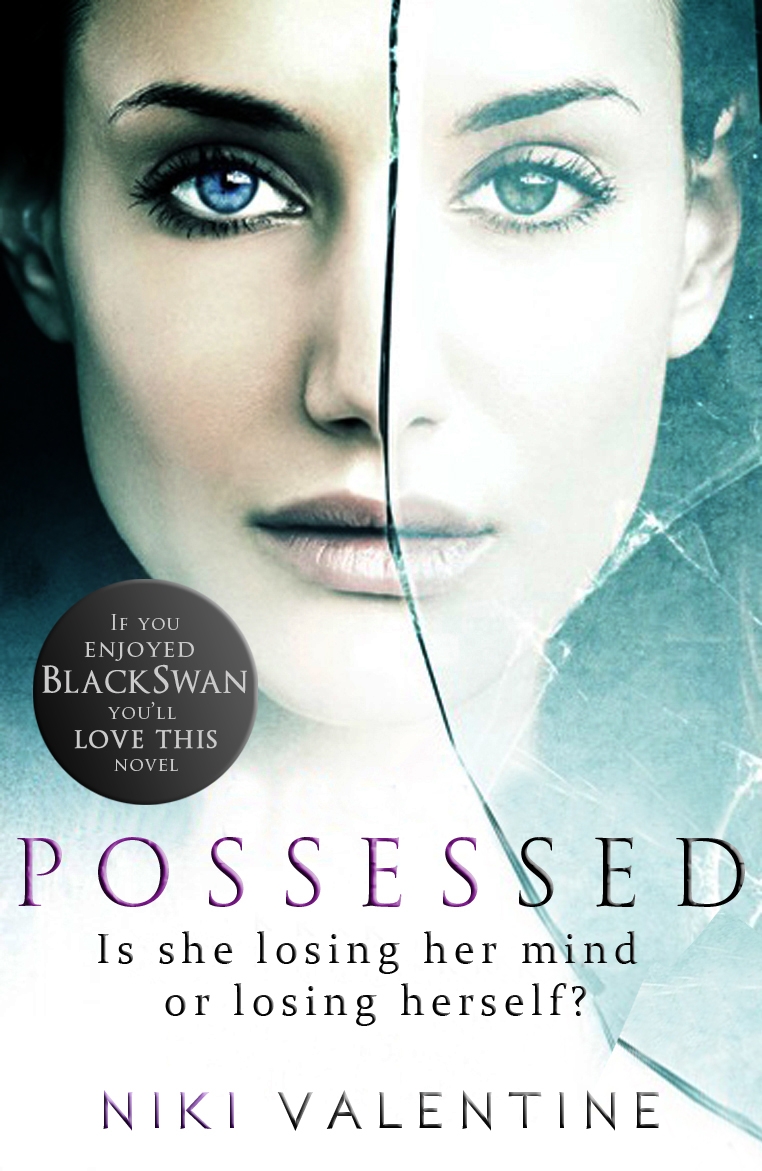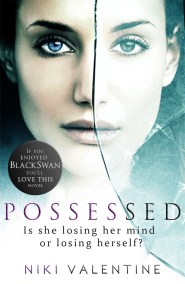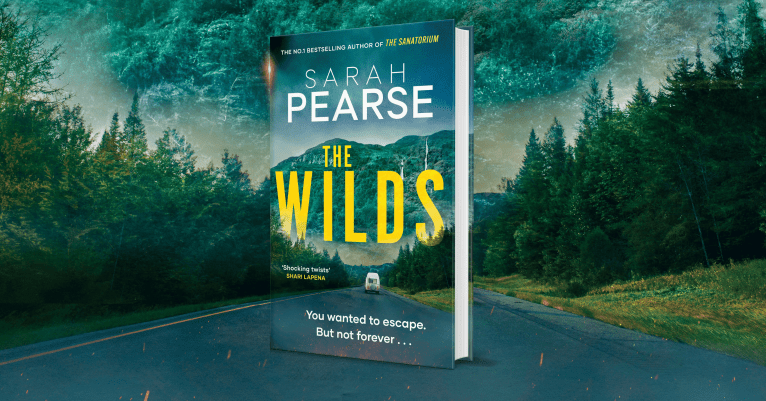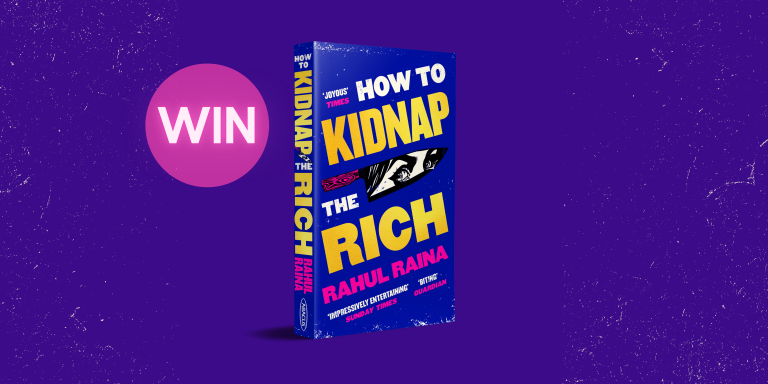That Which Haunts Us by Niki Valentine

There’s a scene in the adaptation of Lionel Shriver’s We Need to Talk about Kevin that illustrates my feelings about Halloween and real horror almost perfectly. The tragic mother Eva drives through the chaos of typical American trick or treating. Children dressed as the undead walk the streets, throwing eggs, flour, paint over the car. But the true terror of this scene is Eva’s internal journey, her shattered life. Real horror lies beneath the surface. We marry strangers and can never be entirely sure that they won’t destroy us. We create children, one of the most random of acts of faith, and they have the potential to grow up into something we can’t control. Ask Victor Frankenstein.
perfectly. The tragic mother Eva drives through the chaos of typical American trick or treating. Children dressed as the undead walk the streets, throwing eggs, flour, paint over the car. But the true terror of this scene is Eva’s internal journey, her shattered life. Real horror lies beneath the surface. We marry strangers and can never be entirely sure that they won’t destroy us. We create children, one of the most random of acts of faith, and they have the potential to grow up into something we can’t control. Ask Victor Frankenstein.
Horror tropes are images. They represent deep, nuanced human fears. Vampires and the power of sexuality, werewolves and the animal within. Zombies and the mindless, selfish drives that destroy those around us. We create these metaphors to contain the fears we have about life, to manage them in a form that we can destroy with a silver bullet or a stake through the heart. What I find terrifying are the dark places we can take ourselves and each other when we lose perspective. The psychology of fear, and the horrors our minds can create when looking for the sense in what we see around us. Shadows morph into a person, crossing the lawn towards the house. A breeze across our neck is the touch of a lover, long dead. Our instincts misfire and give us the sense of someone in the room but we turn to see nobody there. In this way, no matter what we believe in, we are all haunted by tricks of our own mind.
My first published story began with the line ‘I was conceived in the shadow of my uncle’s death’. This much, at least, is autobiographical. My mother was close to her brother, and this loss coloured my formative days. Grief is not a process, not from what I’ve seen. It’s an emotional injury that never goes away, only becomes easier to walk on. Years after losing her brother, my mother would stall in the street, certain she had seen him. The idea of the twin who is left behind and how loved ones cope with seeing this identical person has haunted my writing, perhaps influenced by these doppelgangers. This is what Emma, the protagonist of Possessed, has to face when her best friend Matilde dies, leaving behind mirror twin Sophie.
When we lose someone close, it’s hard to let them go. We feel them in the room with us, catch the scent of their perfume, a glimpse of them out of the corner of our eye. Matilde continues to haunt the other girls. She’s there every time Sophie looks in the mirror, every time Emma turns to her friend. She’s there in the glimpses at the edge of hidden mirrors that her parents have covered for Shiva at her wake. She’s gone, but she remains, and her ongoing presence in their lives could be something supernatural or mere psychology at work. It doesn’t really matter because, either way, it drives those who are left behind to the edge of madness, so that they become a danger to themselves and those around them just the same.

Niki Valentine’s breathtaking psychological thriller, Possessed, is available from The Crime Vault.
Who do you trust when you can no longer trust your own mind?
Emma's life has always been a struggle, and now she's been accepted at a prestigious music school, she is determined to excel. But when the impossibly chic twins, confident Sophie and quieter Matilde, come crashing into her life - surrounding her with champagne and parties - they demand Emma's full attention.
Then shy Matilde commits suicide and shockingly, her identical twin Sophie flourishes. Now odd things are happening to Emma: blackouts, waking up in strange places, bizarre dreams. Something, or someone, is consuming Emma's mind. Terrified, Emma begins to doubt everything and everyone around her, especially the beautiful Sophie...







